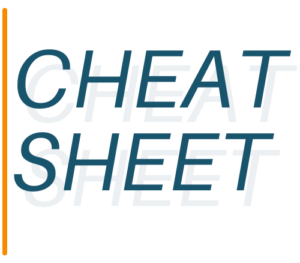
Cheat Sheet: Chicago-Based Financial Targets
There isn’t much financial journalism coming out of Chicago. This shortie cheat sheet is as close as we could come.

There isn’t much financial journalism coming out of Chicago. This shortie cheat sheet is as close as we could come.
 We got a request for a list of Chicago-based reporters. Here’s a good start. Whom are we missing?
We got a request for a list of Chicago-based reporters. Here’s a good start. Whom are we missing?
YOUR ACCOUNT
FRIDGE NOTES
Former NYT reporter and Google Cloud EIC Quentin Hardy also interviewed Eric Savitz about his career and move to GM. Good reading.
The UK-based newsletter company called Trending Now uses AI to scrape what’s trending across 27 areas of B2B. Press Gazette has additional detail. The company employs ten, none of whom are journalists (by traditional definition).
The full union membership needs to ratify it on July 24, but it looks like no editors can be laid off or suffer a salary cut if the publication goes big in its use of generative AI. More detail here from Neiman.
Goldman Sachs took 32 pages to say pretty much that. The media business may turn out to be an outlier, an industry perfectly suited to synthetic, multilingual words, sounds and images at scale. As for everyone else, well, the global consultancies will learn the truth first because they have rushed to monetize Gen AI — they aren’t yet succeeding.
Three free one-month subs are available from SWMS, no catches or gimmicks. Get in touch for details. BT is among the best tech newsletters out there.